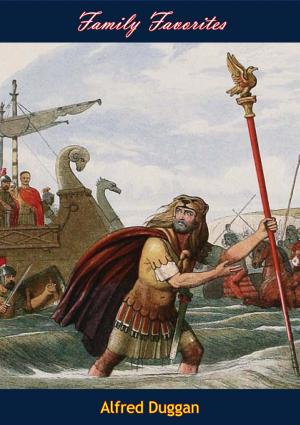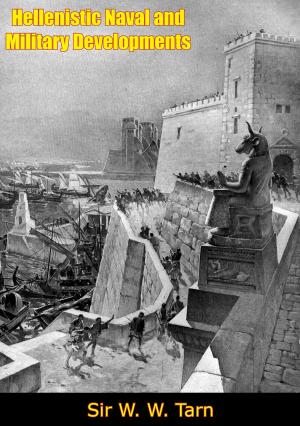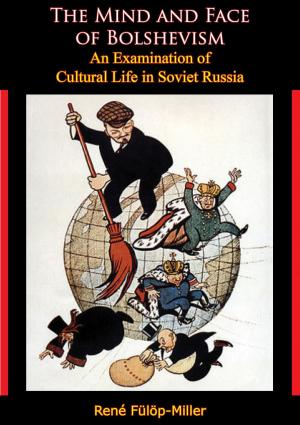| Author: | David Randall-MacIver | ISBN: | 9781787204805 |
| Publisher: | Muriwai Books | Publication: | June 28, 2017 |
| Imprint: | Muriwai Books | Language: | English |
| Author: | David Randall-MacIver |
| ISBN: | 9781787204805 |
| Publisher: | Muriwai Books |
| Publication: | June 28, 2017 |
| Imprint: | Muriwai Books |
| Language: | English |
In 1921, author David Randall-MacIver moved to Rome in order to focus on Italian archaeology, the result of which is this is this fascinating and detailed study of the history of the Etruscans, first published in 1927.
The Etruscan civilization is the modern name given to a powerful, wealthy and refined civilization of ancient Italy in the area corresponding roughly to Tuscany, western Umbria, and northern Lazio. As distinguished by its unique language, this civilization endured from before the time of the earliest Etruscan inscriptions (c. 700 BC) until its assimilation into the Roman Republic, beginning in the late 4th century BC with the Roman-Etruscan Wars.
Culture that is identifiably Etruscan developed in Italy after about 800 BC, approximately over the range of the preceding Iron Age Villanovan culture. The latter gave way in the 7th century to a culture that was influenced by ancient Greece, Magna Graecia, and Phoenicia. At its maximum extent, during the foundational period of Rome and the Roman Kingdom, Etruscan civilization flourished in three confederacies of cities: of Etruria, of the Po Valley with the eastern Alps, and of Latium and Campania. The decline was gradual, but by 500 BC the political destiny of Italy had passed out of Etruscan hands. The last Etruscan cities were formally absorbed by Rome around 100 BC.
Although the Etruscans developed a system of writing, their language remains only partly understood, and only a handful of texts of any length survive, making modern understanding of their society and culture heavily dependent on much later and generally disapproving Roman sources. The Etruscan elite grew very rich through trade with the Celtic world to the north and the Greeks to the south, and filled their large family tombs with imported luxuries. Archaic Greece had a huge influence on their art and architecture, and Greek mythology was evidently very familiar to them.
In 1921, author David Randall-MacIver moved to Rome in order to focus on Italian archaeology, the result of which is this is this fascinating and detailed study of the history of the Etruscans, first published in 1927.
The Etruscan civilization is the modern name given to a powerful, wealthy and refined civilization of ancient Italy in the area corresponding roughly to Tuscany, western Umbria, and northern Lazio. As distinguished by its unique language, this civilization endured from before the time of the earliest Etruscan inscriptions (c. 700 BC) until its assimilation into the Roman Republic, beginning in the late 4th century BC with the Roman-Etruscan Wars.
Culture that is identifiably Etruscan developed in Italy after about 800 BC, approximately over the range of the preceding Iron Age Villanovan culture. The latter gave way in the 7th century to a culture that was influenced by ancient Greece, Magna Graecia, and Phoenicia. At its maximum extent, during the foundational period of Rome and the Roman Kingdom, Etruscan civilization flourished in three confederacies of cities: of Etruria, of the Po Valley with the eastern Alps, and of Latium and Campania. The decline was gradual, but by 500 BC the political destiny of Italy had passed out of Etruscan hands. The last Etruscan cities were formally absorbed by Rome around 100 BC.
Although the Etruscans developed a system of writing, their language remains only partly understood, and only a handful of texts of any length survive, making modern understanding of their society and culture heavily dependent on much later and generally disapproving Roman sources. The Etruscan elite grew very rich through trade with the Celtic world to the north and the Greeks to the south, and filled their large family tombs with imported luxuries. Archaic Greece had a huge influence on their art and architecture, and Greek mythology was evidently very familiar to them.
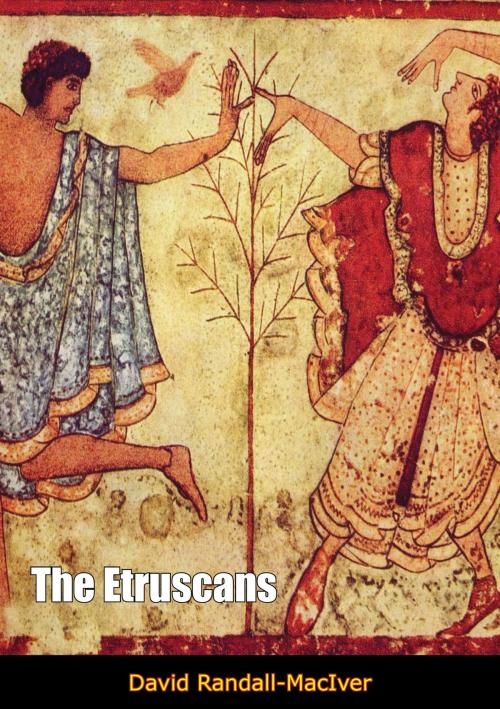

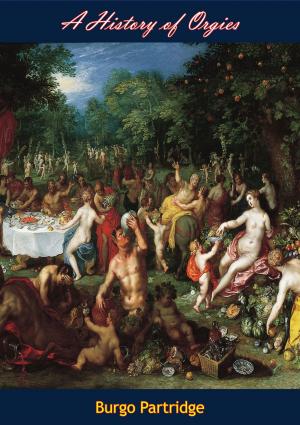



![Cover of the book The Song of Sano Tarot [Third Edition] by David Randall-MacIver](https://www.kuoky.com/images/2017/july/300x300/9781787207974-yJfd_300x.jpg)


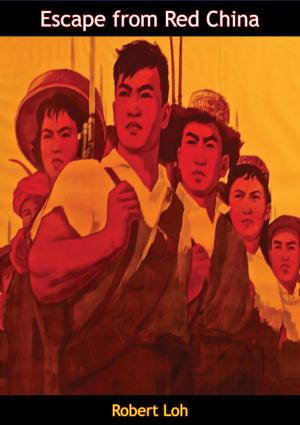

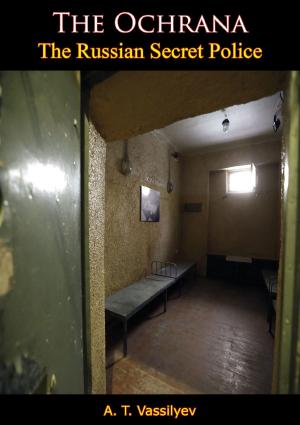
![Cover of the book Love or Perish [Expanded Edition] by David Randall-MacIver](https://www.kuoky.com/images/2017/july/300x300/9781787207882-KFV9_300x.jpg)
